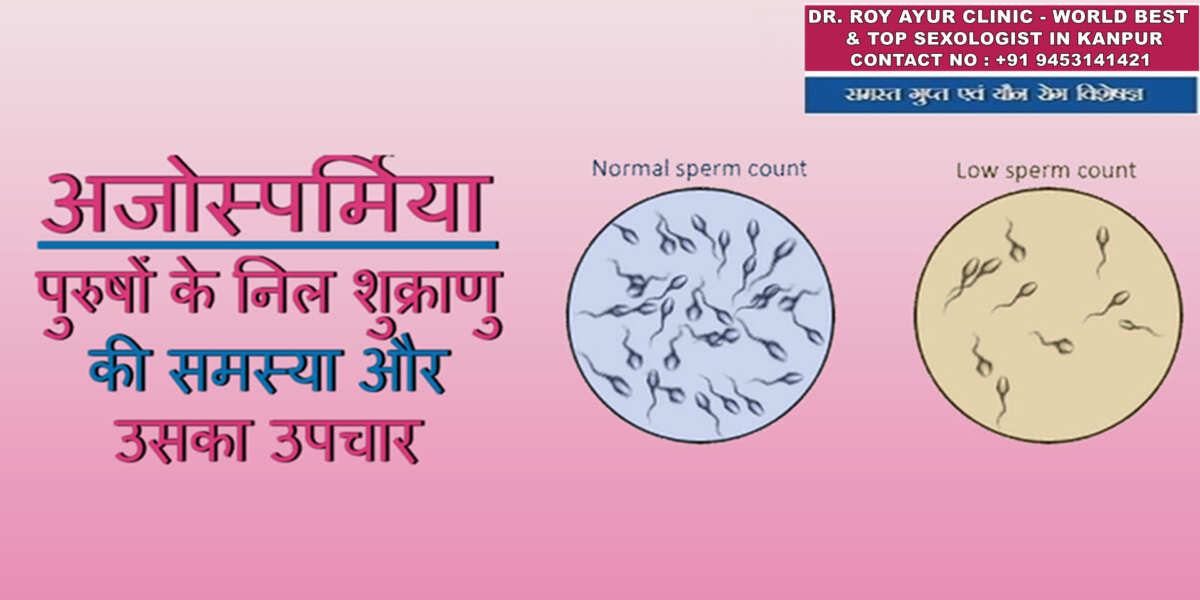





Low sperm count means that the fluid (semen) you ejaculate during an orgasm contains fewer sperm than normal. Sperm count refers to the average number of sperm present in one sample of semen. Fertility doctors assess sperm count during routine semen analyses and consider it to be an important factor for fertility.
Based on the most recent World Health Organization (WHO) guidelines, experts consider a healthful sperm count to be 15 million per milliliter (ml), or at least 39 million per ejaculate.
A low sperm count is also called oligospermia (ol-ih-go-SPUR-me-uh). A complete absence of sperm is called azoospermia. Your sperm count is considered lower than normal if you have fewer than 15 million sperm per milliliter of semen.
Doctors consider a sperm count under 15 million per ml to be low, and it may cause fertility issues.
Overall, health professionals believe that factors that influence testosterone levels have the most significant impact on sperm number and quality.
Certain medical conditions —
including inherited genetic disorders, infections, and tumors — can also impact sperm count.
Having a low sperm count decreases the odds that one of your sperm will fertilize your partner’s egg, resulting in pregnancy. Nonetheless, many men who have a low sperm count are still able to father a child.
Symptoms
The main sign of low sperm count is the inability to conceive a child. There might be no other obvious signs or symptoms. In some men, an underlying problem such as an inherited chromosomal abnormality, a hormonal imbalance, dilated testicular veins or a condition that blocks the passage of sperm may cause signs and symptoms.
Low sperm count symptoms might include:
Problems with sexual function — for example, low sex drive or difficulty maintaining an erection (erectile dysfunction)
Pain, swelling or a lump in the testicle area
Decreased facial or body hair or other signs of a chromosome or hormone abnormality
When to see a doctor-
See a doctor if you have been unable to conceive a child after a year of regular, unprotected intercourse or sooner if you have any of the following:
Erection or ejaculation problems, low sex drive, or other problems with sexual function
Pain, discomfort, a lump or swelling in the testicle area
A history of testicle, prostate or sexual problems
A groin, testicle, penis or scrotum surgery
